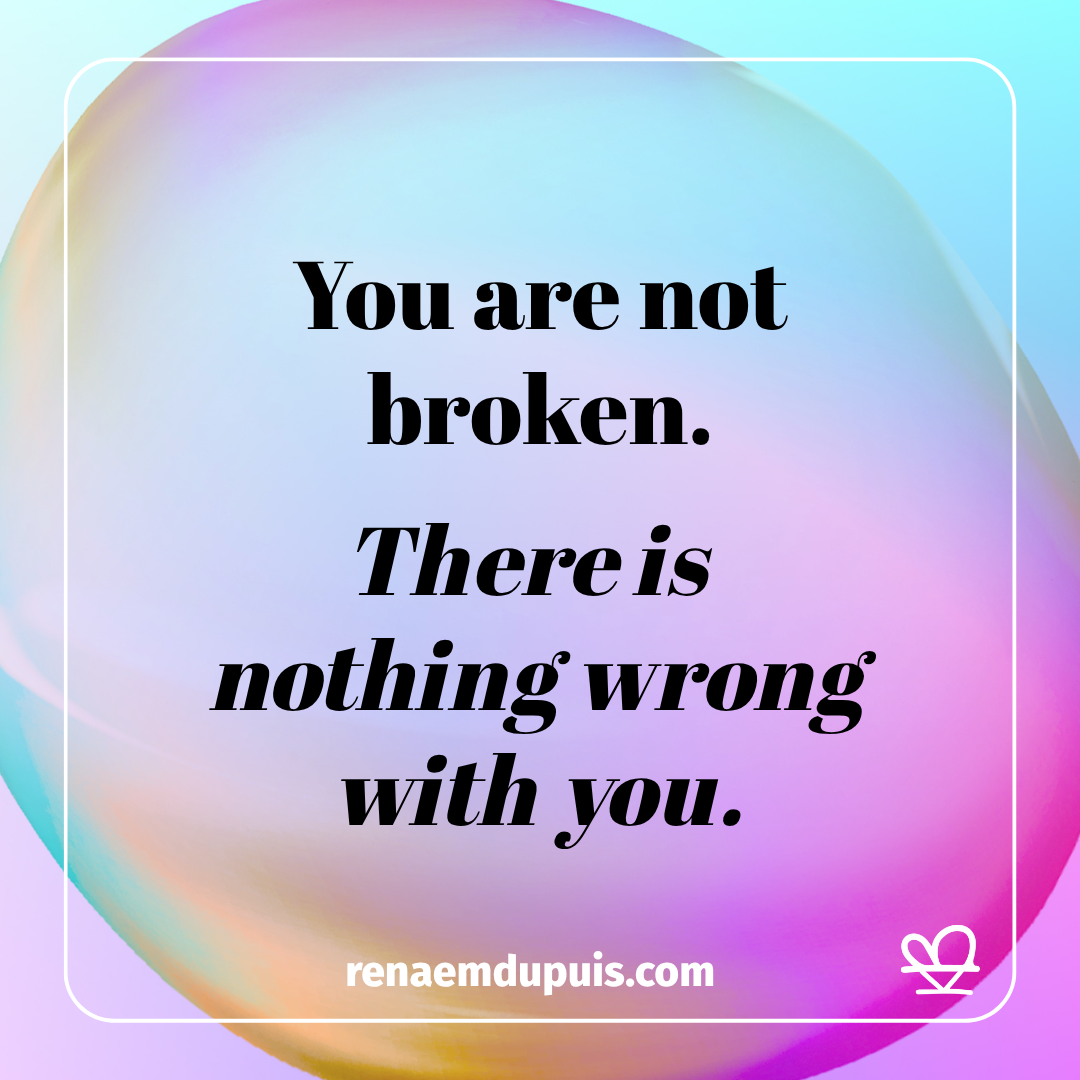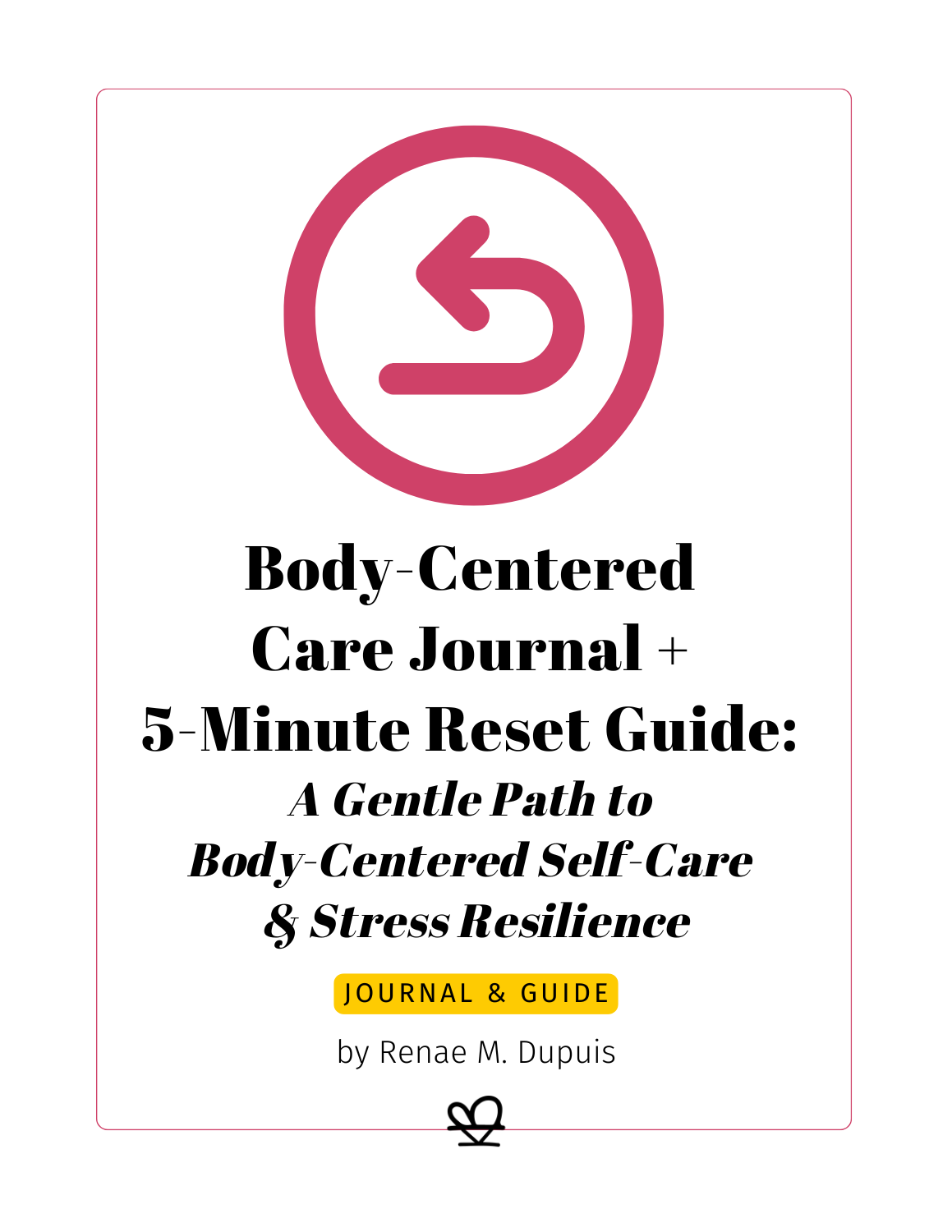Building Stress Resilience: Gentle Foundations for a Regulated Life
Have you ever felt overwhelmed by stress, unsure how to find your footing again? You’re not alone –> and you’re not broken.
In a recent workshop I facilitated, we explored what it truly means to build stress resilience, not by “bouncing back,” but by cultivating the inner and outer resources that help us move through adversity with care.
Why “Bouncing Back” Isn’t the Goal
The dominant narrative around resilience often centers on toughness or grit—“bouncing back” like a rubber band. But human beings aren’t elastic. Real resilience is about knowing what to do or who to reach out to when life gets hard. It’s about creating space to pause, notice, and respond, rather than react.
Stress Isn’t the Enemy
Stress, in and of itself, isn’t a bad thing. It’s our body’s signal that something needs attention. It’s when stress becomes chronic—without recovery—that it wears us down. We explored how even healthy growth requires stress (think: learning a new skill or building muscle), but it also requires rhythm, rest, and recovery.
The 3 Foundations of Stress Resilience
We centered our exploration around three key foundations:
1. Awareness Without Judgment
Stress often disconnects us from our bodies. Through grounding exercises and gentle body scans, we can tune into what we’re actually feeling, without judgment. This awareness helps us notice early signs of dysregulation and reconnect with ourselves compassionately.
2. Micro-Regulation Practices
Quick, simple practices—like a self-hold, orienting to your environment, or a calming breath—can help interrupt the stress cycle and support your nervous system before it becomes overwhelmed. Practicing these regularly builds familiarity, so they’re accessible when you need them most.
3. Capacity-Building Rhythms
Small, consistent rhythms (like a morning check-in or an end-of-day reflection) help counter the trauma-based lie that things will “always be this way.” They remind us that there is a beginning, a middle, and an end—and we get to choose supportive practices that nourish our capacity over time.

You Are Not Broken
The most important truth? You are not broken. You do not have to force calm. You are allowed to feel exactly how you feel—and still be resilient. Resilience grows when we acknowledge our needs, practice care, and invite safe support into our lives.
✨ What’s One Small Practice You Could Begin Today?
Is it a deep breath? A morning moment of gratitude? A gentle stretch between meetings?
I’d love to hear what lands for you. And if you’d like extra support, I’ve created a guide with simple grounding strategies to help you begin.
Click HERE to get your FREE guide!

